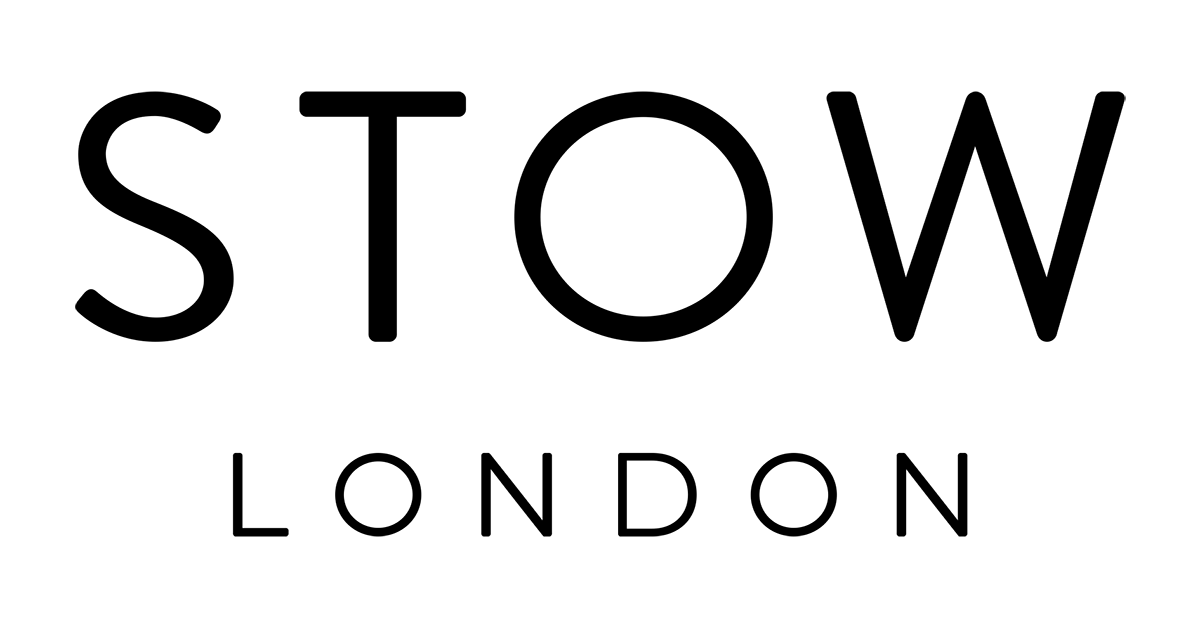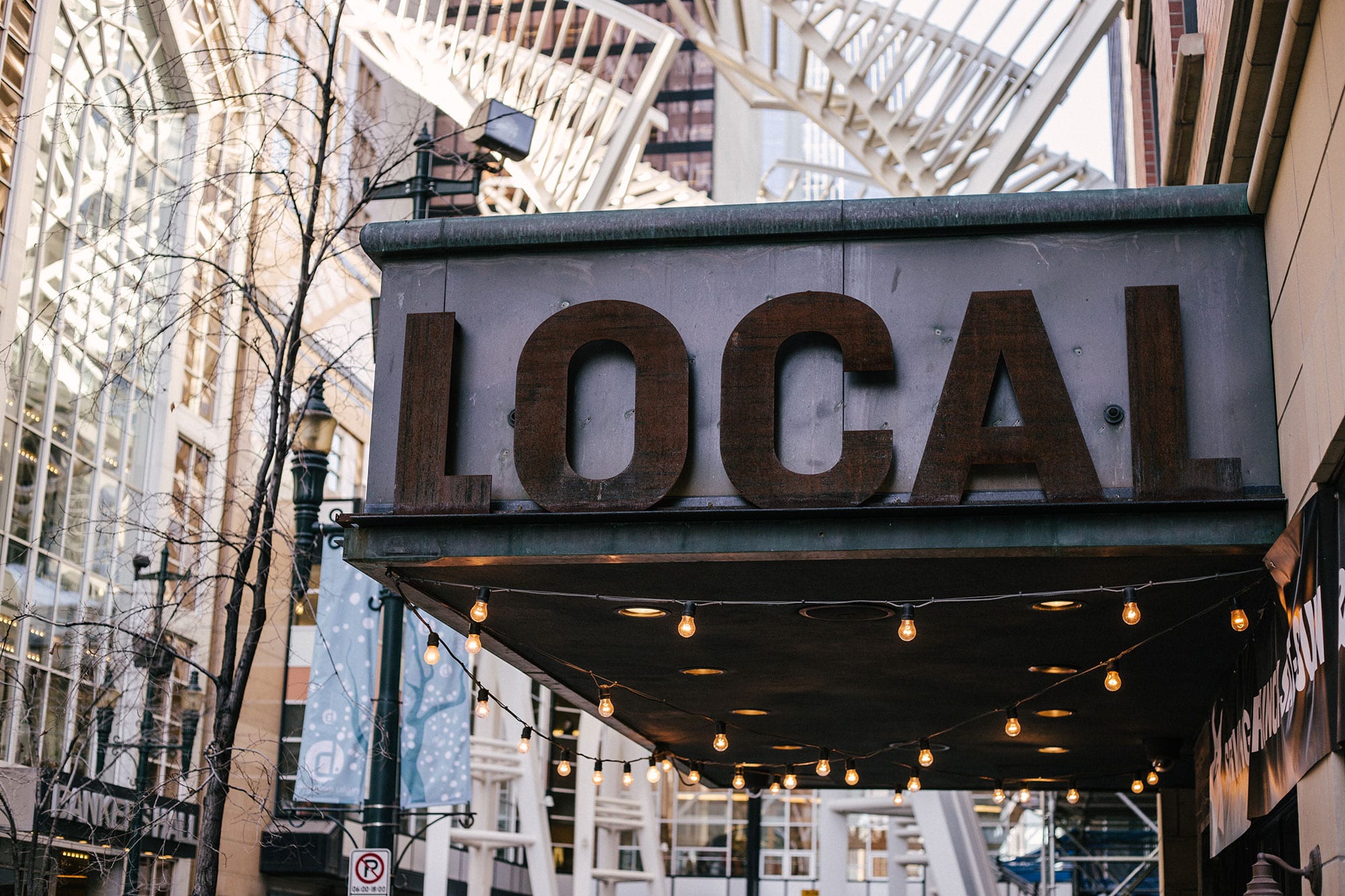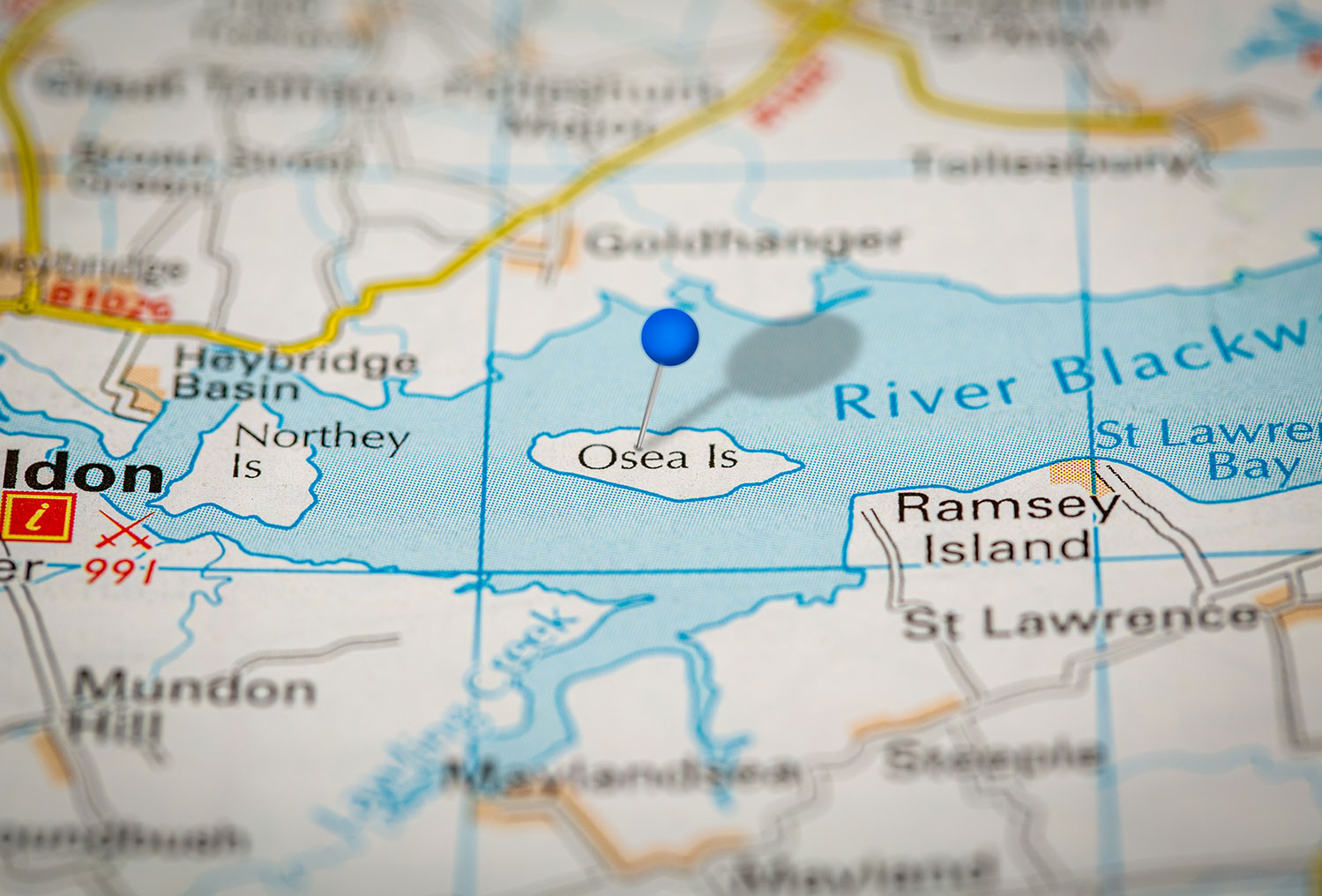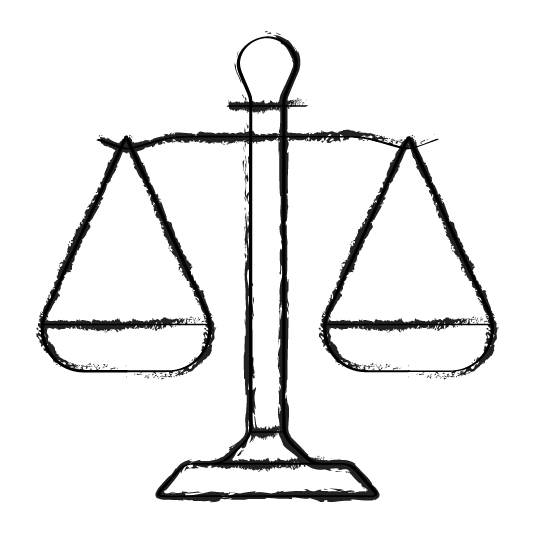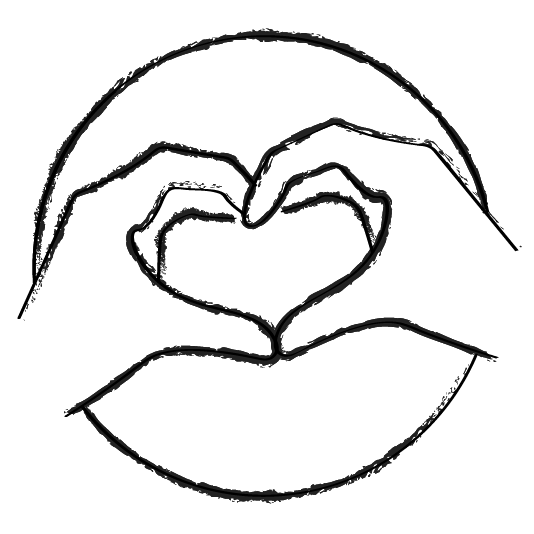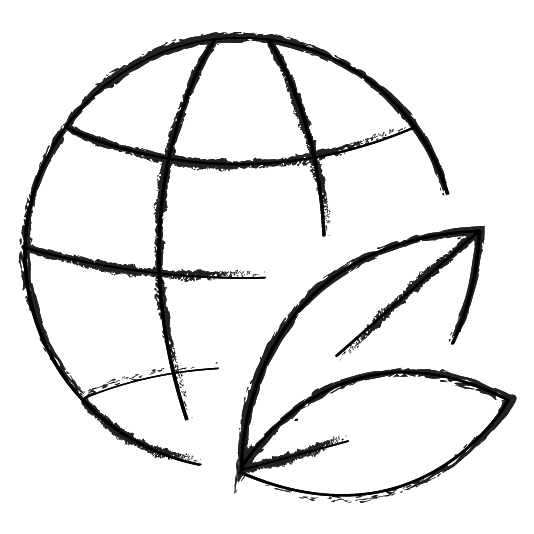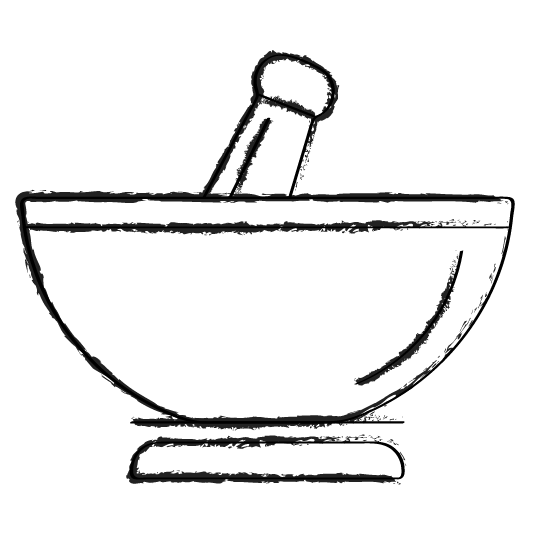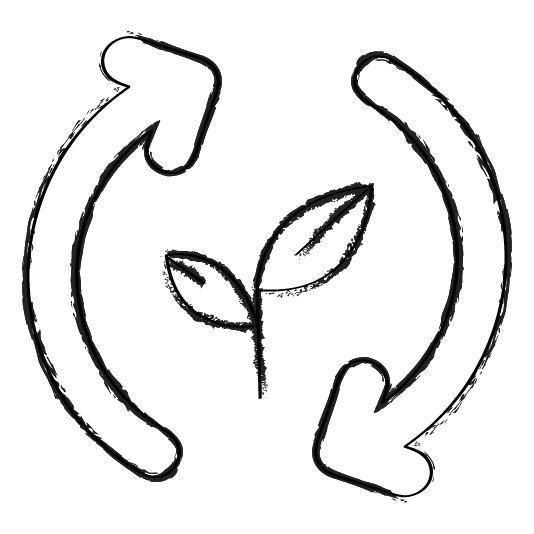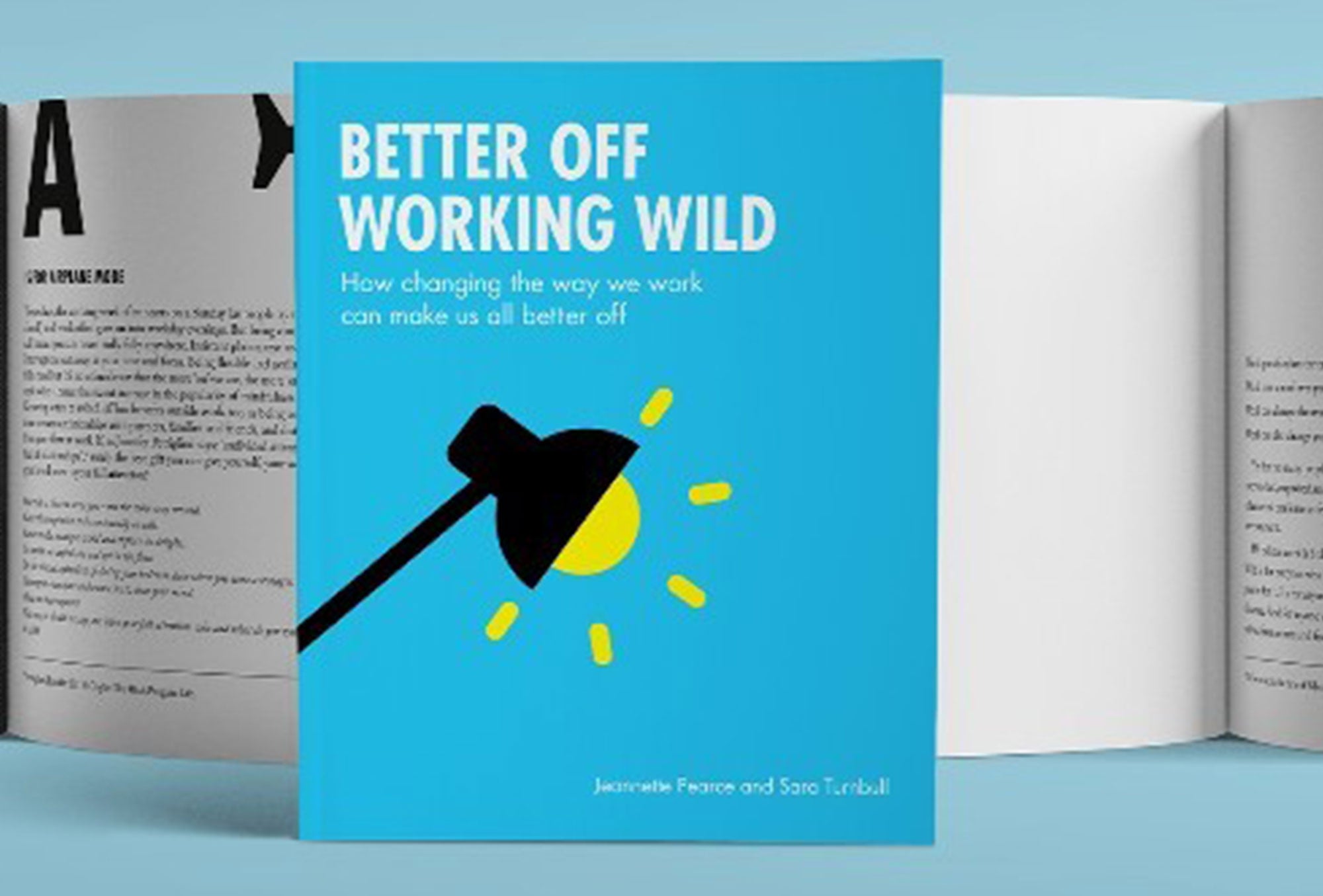
Jeannette Pearce

Jeannette Pearce MBE, known to most as simply JP, is a force of unbridled positivity. It is impossible to be in her company and not feel your brain being rewired, leaning towards something kinder and more compassionate. Perhaps this is the consequence of a near-death experience as a child – a bicycle accident in her hometown near the Brecons – that makes her reference point a little different from others. Squeezing every last drop from life simply goes without question. Every venture is attacked with verve and creativity, whether re-wilding a Suffolk smallholding (her latest family adventure) or mentoring a fledgling entrepreneur.
Passionate about threading this energy through her businesses too, Pearce is an ardent mentor, thriving off coaxing people to believe in themselves, giving people confidence. She detonates mantras that hit the spot every time. ‘Hit it like a rugby player’, she says to someone feeling tentative about an awkward meeting. ‘Go with the goosebumps’, she encourages colleagues, when they lose trust in their instincts. Her goal, it is clear, is to spread her force-field wider, to share it around. ‘I’ve always been a big believer in giving as you grow,’ she says. ‘Philanthropy needn’t start once a business has made it. Businesses can contribute time and ideas constantly.’

Now an award-winning, serial entrepreneur, Pearce’s counter-culture of kindness and compassion is revolutionary in the corporate world. In the ‘90s she founded Brand Amplifier, a trailblazing Charitable Incorporated Organisation (CIO) within her own brand strategy agency, JPC, to provide free scholarships in brand strategy and social media training. It has schooled hundreds of entrepreneurs. After the 2008 financial crash she co-founded the Ugli community, transforming ‘ugly’, disused London office space into affordable, creative spaces for hundreds of start-ups. Built around the core ideas of resourcefulness, ethical and social responsibility, it epitomises Pearce’s working life, driven by lifting others up to success. Little wonder she was awarded an MBE for her contribution to Business and Entrepreneurship.
So, when Pearce tells you that ‘work is broken’ you actually stop and think about it. ‘Work is how we contribute to and engage with society, not simply an economic necessity’, she explains. It is no secret that 21st century work leaves too many of us feeling undervalued, overworked, feeling disconnected from ourselves and our environment. The question is, do we have to continue like this? It is essential, Pearce insists, that we recognise the social and environmental impact of work and build a different enterprise culture and strong communities. Rather than working to accumulate wealth we need the engine of work to distribute wealth so that we all profit.
As non-exec director of consultancy, Work Wild, Pearce joins forces with social entrepreneur and chartered environmentalist Sara Turnbull, to challenge the way we work and to suggest changes that can make us all better off. The result is ‘Working Wild’: a simple, livable philosophy.

In their debut book, Better off Working Wild: how changing the way we work can make us all better off, Pearce and Turnbull set out a compelling argument for working in a gentler and kinder way that doesn’t exhaust people or the planet. It goes against our entire economic system which is founded on growth and success at any cost. Hell bent on setting work on a course where it can help tackle the wealth gap, address climate change and promote sustainability, this is a small book with big, radical ideas.
‘The greater goal is to revolutionise the way we think about and do work as a society.’
‘I spent a lot of time outdoors growing up and know for sure that this has shaped me and continues to nourish my soul’, says Pearce of her Welsh childhood. This strong connection to nature has played its part in the development of the Working Wild manifesto. ‘It is a way to keep the connection with nature that grounds us as humans, whilst building a happy and functioning society. Work can bring delight and pleasure, not workaholism and burnout.’ Working Wild shifts the focus from accumulating belongings to belonging itself. When Pearce talks about working wild she doesn’t just mean being able to work from a remote place – a beach for example - but being free, honest, interconnected and at our most creative, striving to be as natural and true to ourselves as possible in our work role, not conforming to an outdated model of ‘ideal worker’.
‘We need to reconnect to nature and see ourselves as stewards and creatures in a complex and extraordinary world.’
Better off Working Wild advocates a shift from selling your soul to creating joy, from waiting till you retire to owning your breath, and ultimately from being a ‘powercock’ to becoming a ‘gentle warrior’ (more on that later). ‘When you are Working Wild you will reap the benefits as you are more connected to both others and the environment, and work will work for everyone’, she explains.

Pearce’s can-do attitude and creativity courses through the book. Perhaps it is because she started her career as a model-maker (later becoming a nationally acclaimed theatre designer) that the book requires audience participation. You start, for example, with a self-diagnostic test, to answer the rather difficult question, ‘How is work working for you?’ Are you, for example, ‘Burned by purpose’ or ‘Time starved’? Ever practical, readers are then rescued with a tool-kit, an A-Z containing twenty-six radical tools such as Airplane Mode, Mess About and Village People (you’ll have to read the book!) which help the individual, team or organisation through any changes needed in order to lead them to a work practice that is positive. ‘By choosing and applying specific tools, dependent on the situation, you will begin to shift along the pathway from your current way of working to a wilder way of working’, she explains. It works for CEOs, start-ups…anyone who works.
So, back to the ‘powercocks’ and the ‘gentle warriors’. We’ve all known them, right? Those men and women who strut about, parading their power at the cost of others. Those are the powercocks. ‘They are motivated by fear of course, fear that their weakness will be exposed,’ explains Pearce. Working Wild can help them to shift their working style towards that of the gentle warrior: one who leads with love, brings people to a better place, fights fair and with principles.’ This, it has to be said, describes Pearce herself: a gentle warrior whose weapons are her words and her positivity. Leading with love, she is dead-set on bringing people to a better place, in their workplace and therefore in the rest of their lives. ‘We all deserve to be better off,’ she says.
Not content, though, with what many would see as a lifetime’s achievement, Pearce’s ambition is to go even further. Next on her agenda is to co-create a movement of work activists and wild advocates – individuals, teams and organisations who strive to be more human, are connected to the ‘wild’ and are fully engaged in their work. ‘Working Wild is just the beginning of a manifesto for deep-rooted change in society’, she says. Something tells us that Pearce will not rest until the promise of making us all better off, creating a better and more sustainable way to work and live, is fulfilled.
Better Off Working Wild: how changing the way we work can make us all better off, is the first in a series that aims to create a better, more sustainable way to live. Coming soon to Amazon. If you just can’t wait, sign up on betteroffedits.com
